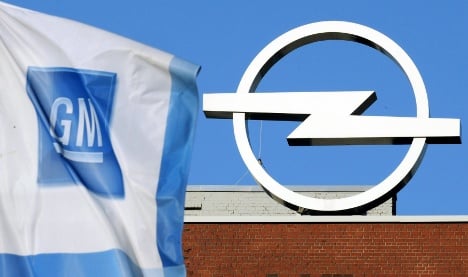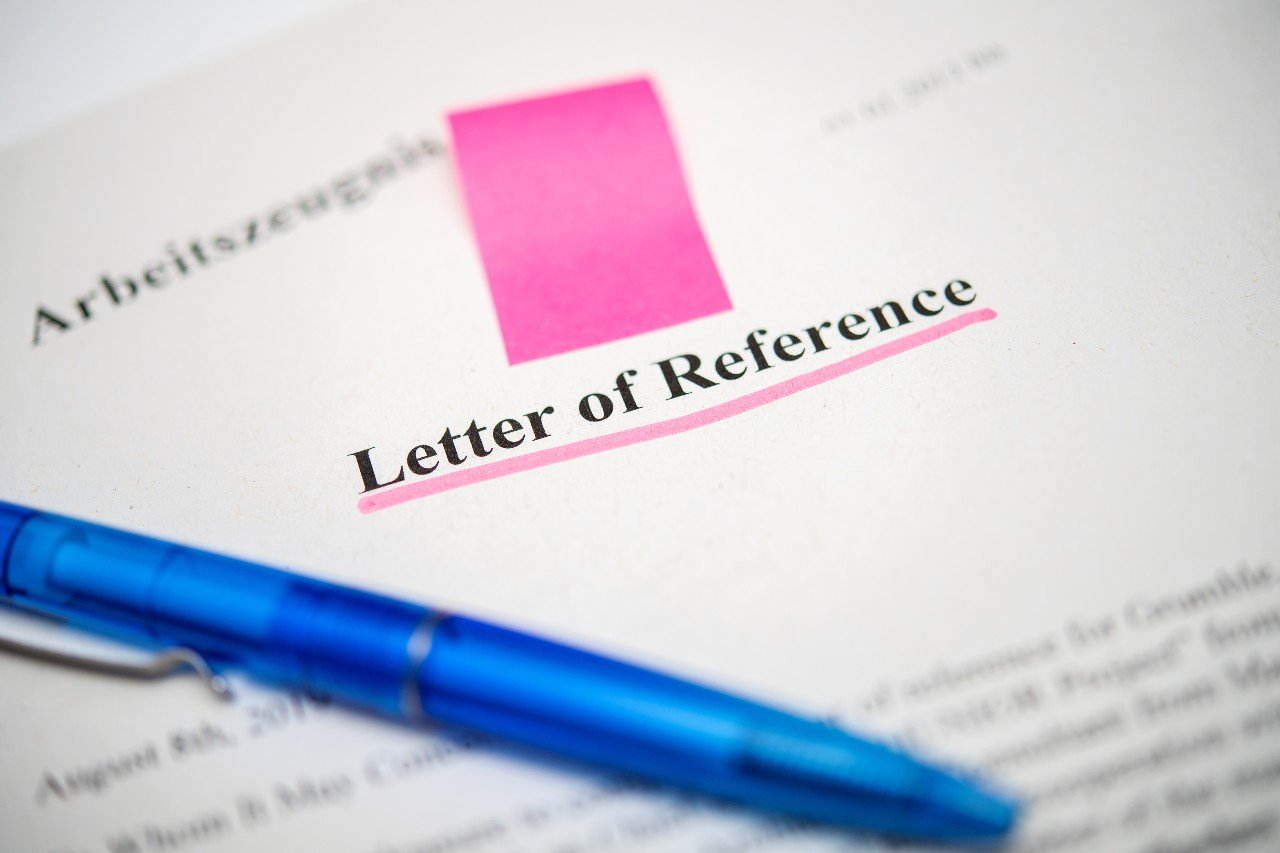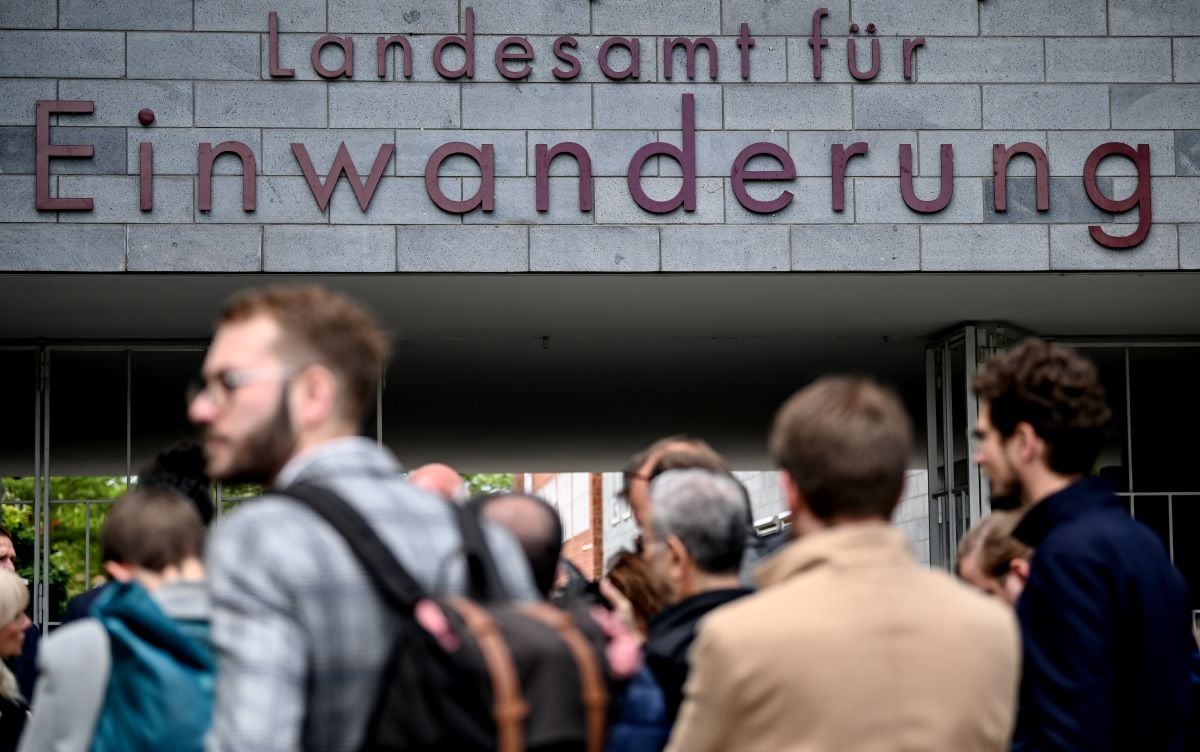“Let’s take the time that is needed. There is a board meeting on Sept 8-9. I hope – I can’t say any more, I don’t decide – that we have made progress by then at the latest,” Merkel said in an interview on Sat1/N24 television.
“We believe that it is good and correct that when it comes to the future of GM Europe, of Opel and GM, a decision is made as soon as possible. But substance must come before speed and if there are still issues to be resolved, then we will resolve them,” Merkel said.
Merkel, who is running for a second term in general elections on September 27, also reiterated that Berlin still favours Canadian auto parts maker Magna and Russian state-owned lender Sberbank to take over Opel, which includes Vauxhall in Britain and employs 50,000 people, half of them in Germany.
A report in the Bild daily said earlier that the had dropped its opposition to GM selling Opel to rival suitor RHJ International after GM’s board – thought to prefer RHJ – failed to name a buyer last week.
However, the Brussels-based investment group would have to team up with a strategic partner in the auto industry, the paper reported, without saying where it got the information.
“We have decided with a clear preference that we support Magna. There is a contract ready to be signed,” Merkel said on Wednesday.
Merkel also said that GM had not proposed to Berlin a scenario whereby GM would keep Opel with the help of financing from the US and European governments, as claimed in media reports.
“Such a solution has never been suggested to us. Our position is that just as GM says it doesn’t want to send any money to Europe, we also have a firewall which means that money invested in Europe must stay in Europe,” Merkel said.
German Economy Minister Karl-Theodor zu Guttenberg said late on Tuesday that he believed GM still wanted to sell.
“The message that we have received from the firm’s management is that they still want to continue looking for an investor,” the minister told ZDF television.
Both Magna and RHJ want to slash around 10,000 jobs at Opel but Merkel and the state governments where Opel has factories prefer Magna because fewer of the cuts would fall in Germany than under RHJ’s proposals.
RHJ has offered to take a 50.1-percent stake in Opel, leaving 39.9 percent in GM’s hands and 10 percent with employees. Magna and Sberbank would each take a 27.5-percent stake, with 10 percent held by employees and 35 percent by GM.
Germany, which has already given €1.5 billion worth of loans to Opel to keep it operating, has proposed a €4.5-billion state financing package to support Magna’s bid.





 Please whitelist us to continue reading.
Please whitelist us to continue reading.
Member comments